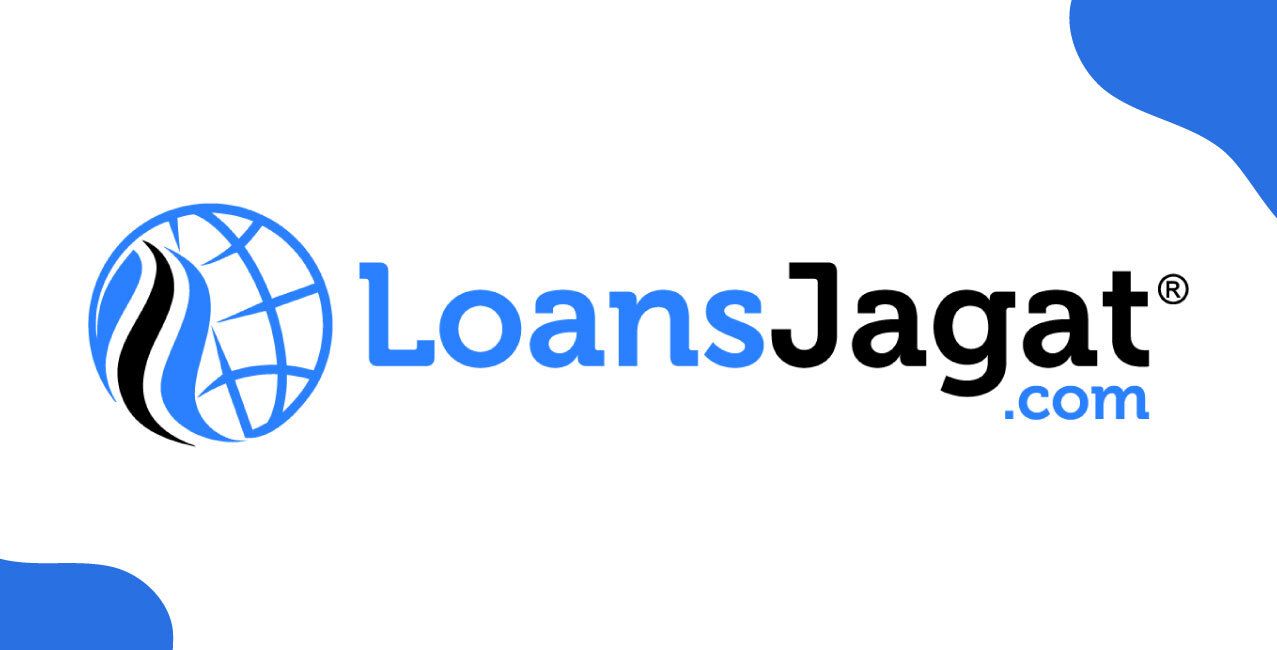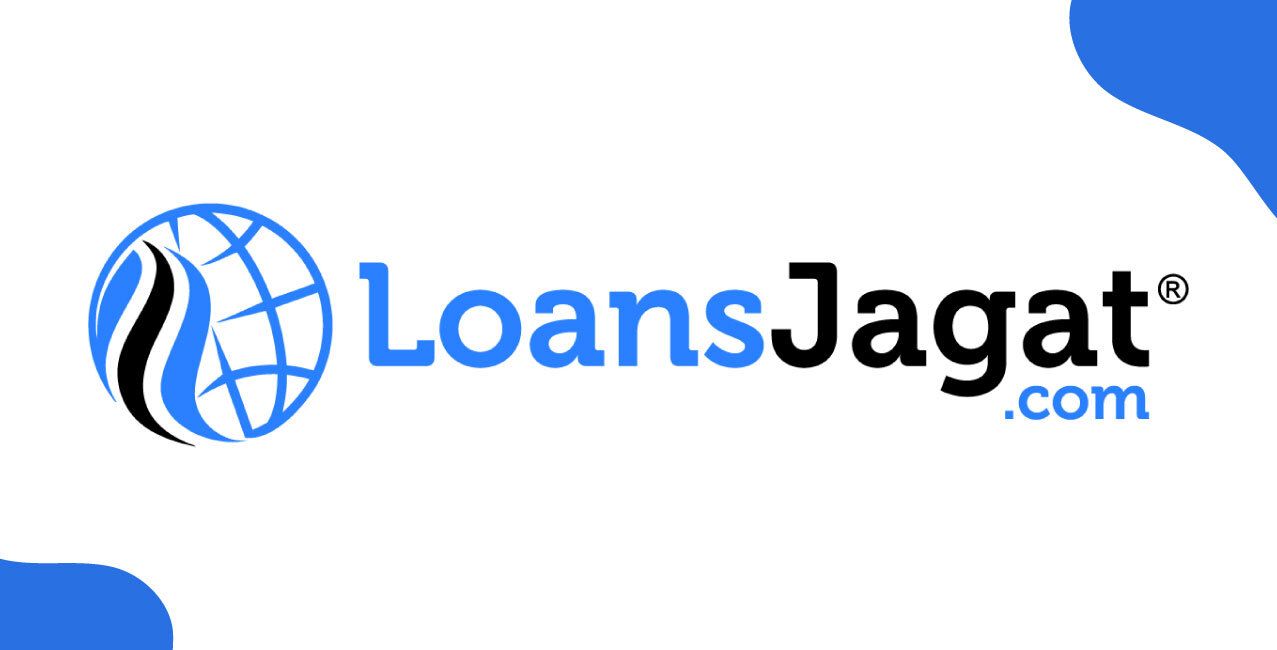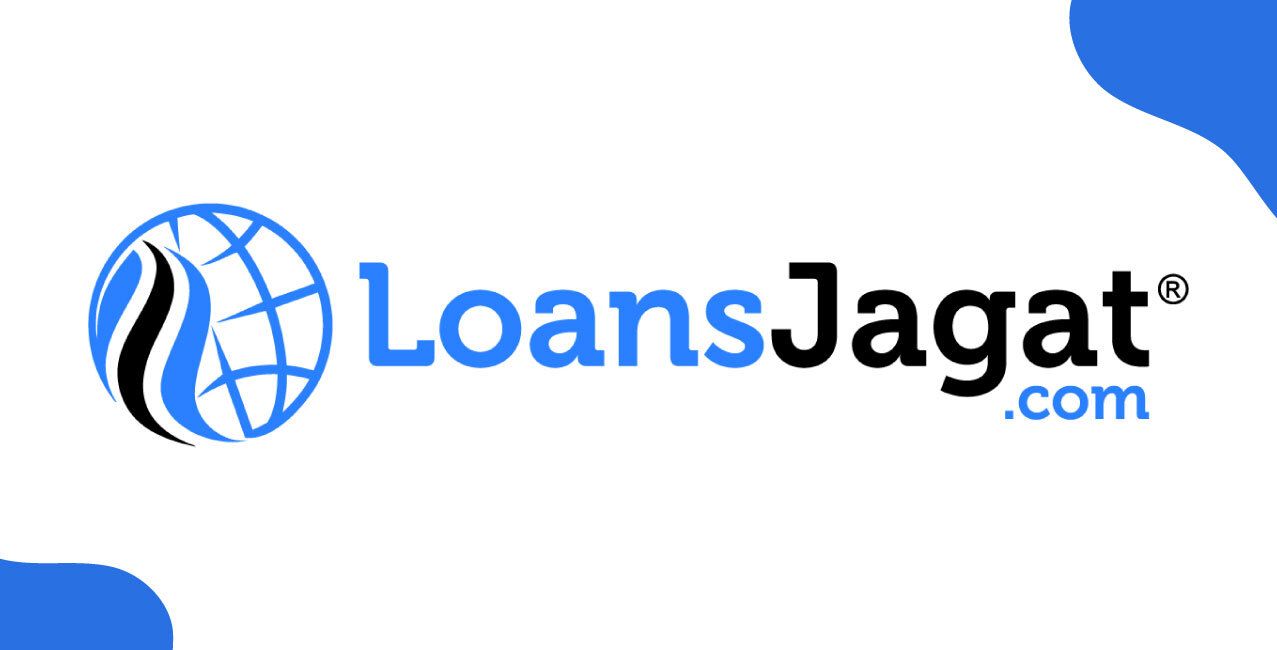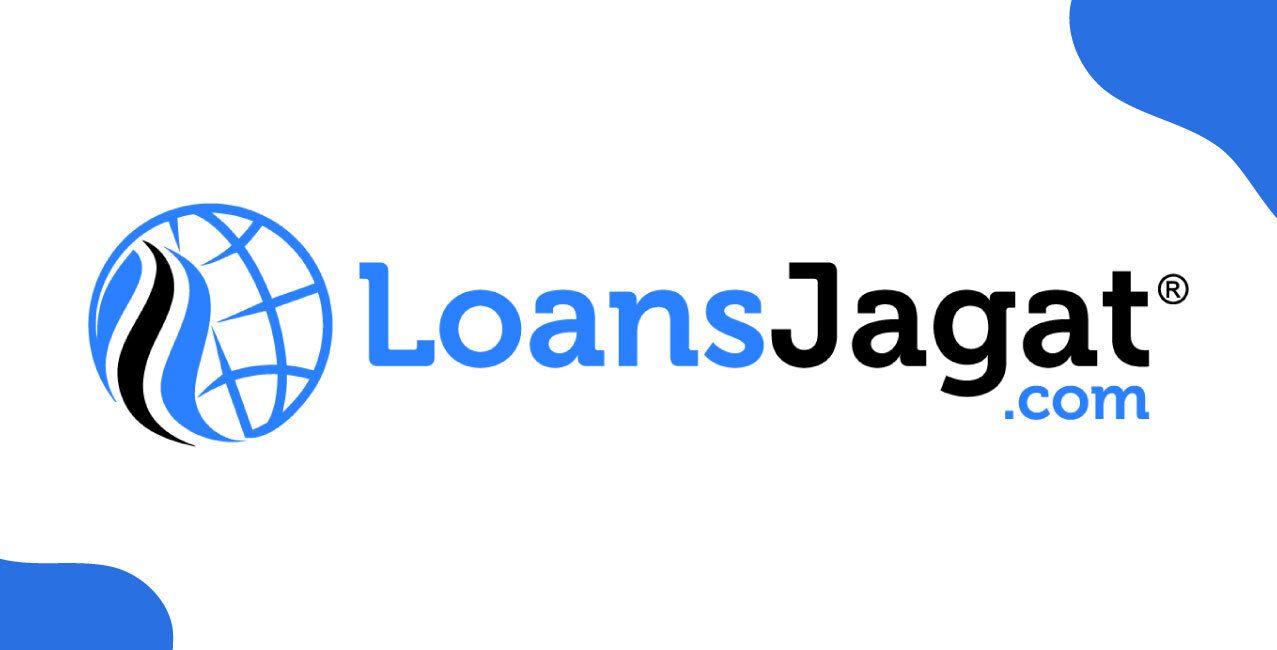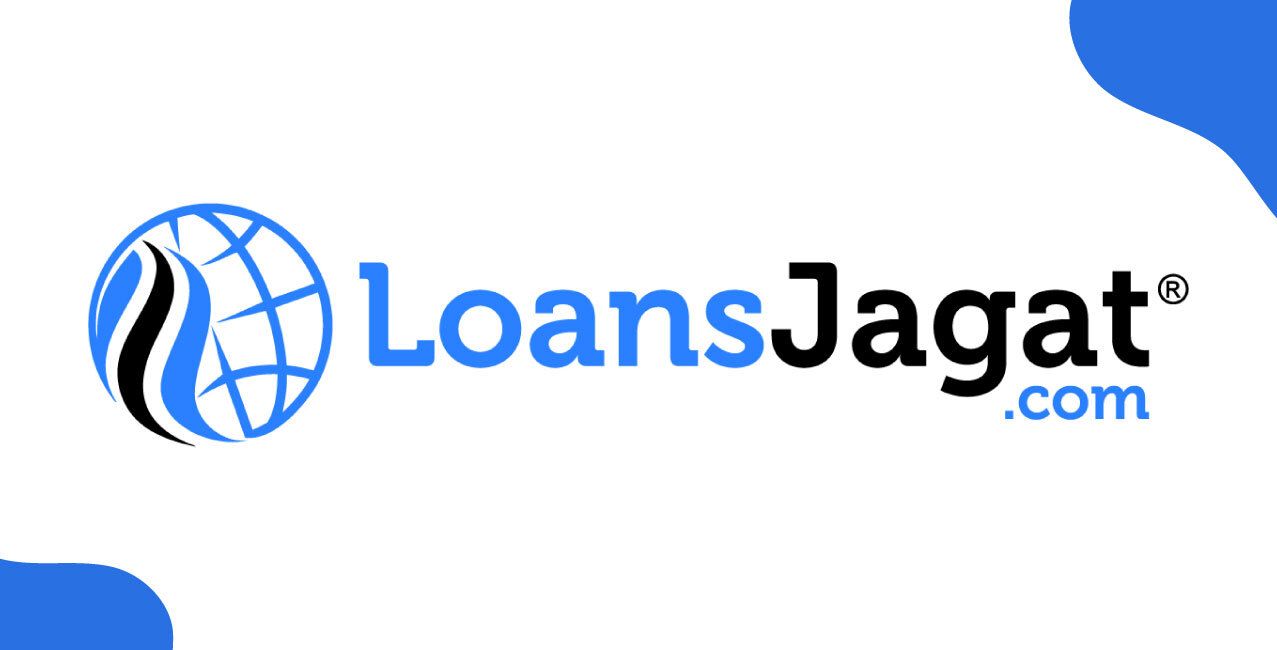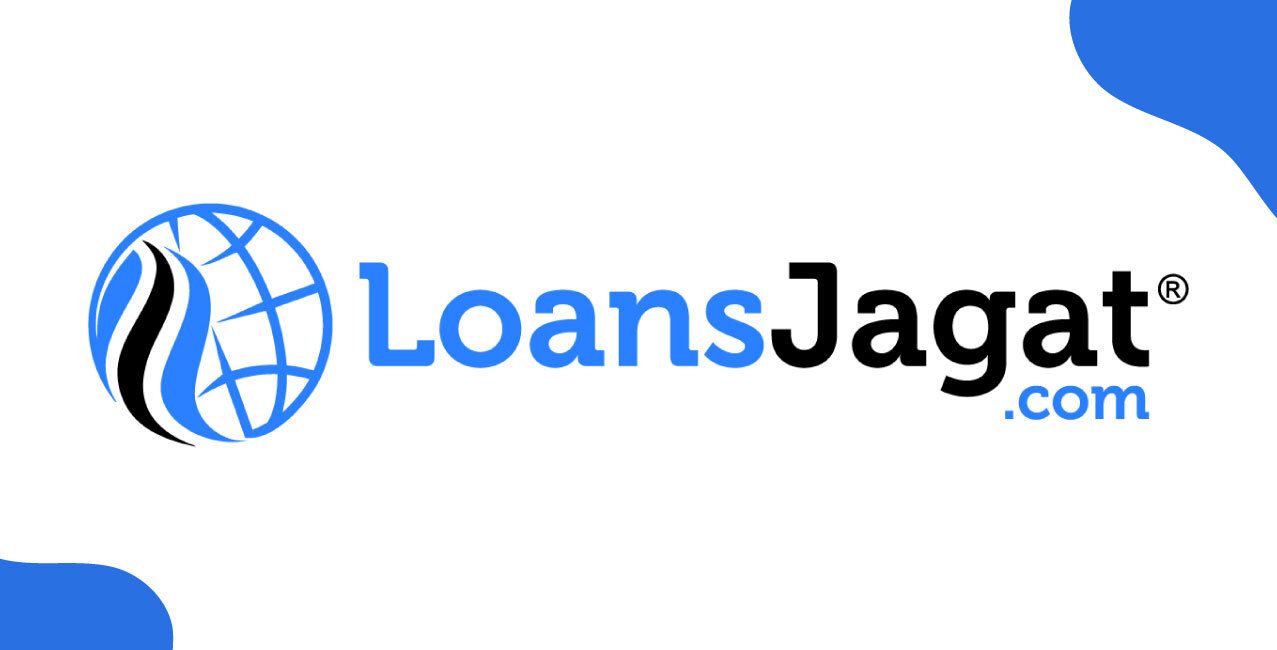Section 40A of the Income Tax Act – Disallowance Rules Explained
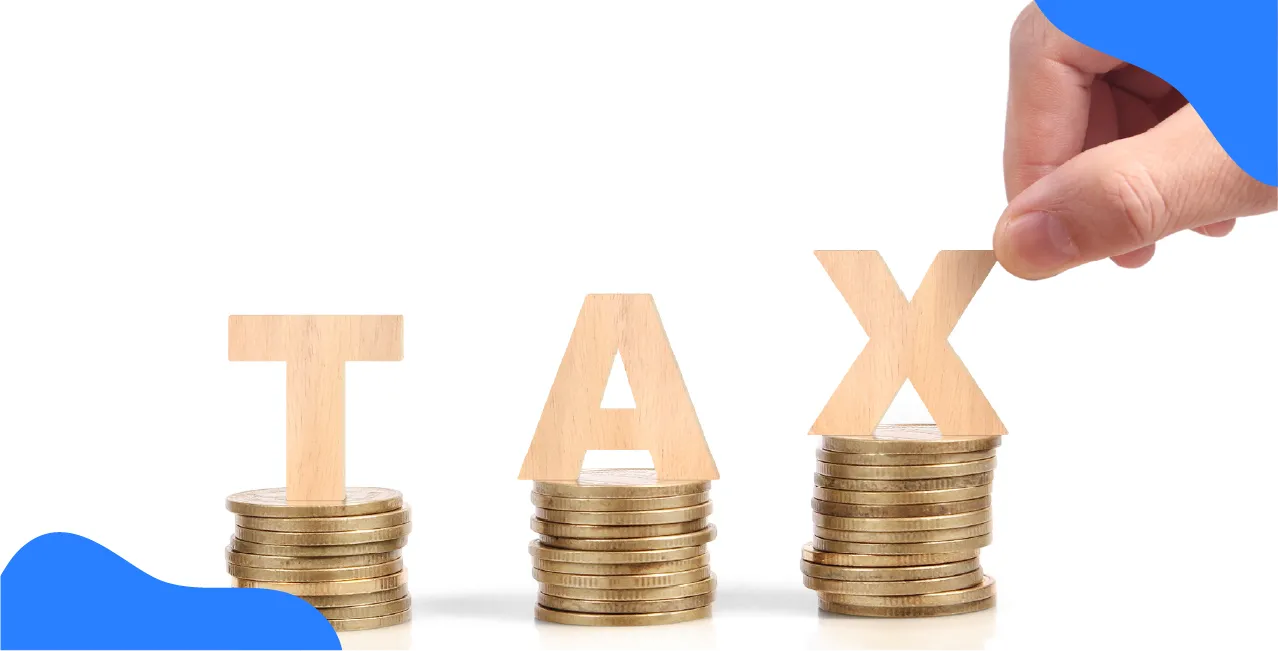
Check Your Loan Eligibility Now
By continuing, you agree to LoansJagat's Credit Report Terms of Use, Terms and Conditions, Privacy Policy, and authorize contact via Call, SMS, Email, or WhatsApp
Dev owns a medium-sized shop, the worth of which is ₹20,00,000. He purchases the products he uses in the business and pays his employees. In some cases, he pays with cash.
However, the tax regulations indicate that there are constraints that he should observe when paying in cash. Failure to which, his costs will not be quantifiable, and he will be forced to pay a higher tax.
Key Points of Section 40A:
- This applies to business expenses paid in cash.
- Sets limits on cash payments:
- ₹10,000 per day to a single person (for expenses).
- ₹35,000 per day for transport (like hiring a truck).
- If you pay more than the limit, the expense won’t count for tax.
- Bank/electronic payments (like UPI and cheque) have no limits.
Example Table
Why it matters:
- Helps track money and reduce tax evasion.
- Encourages digital payments.
Dev has started to give his workers payments through a bank to escape issues. Simple!
Importance of Section 40A
Dev is the owner of a small grocery shop. He gets materials and remunerates his assistant in cash. However, by not adhering to the rules of taxes, his spending can be disapproved, and he will end up paying an additional tax.
Why Section 40A Matters:
- Stops Tax Evasion: Prevents fake cash payments to hide income.
- Encourages Digital Payments: Bank/UPI payments have no limits, making records clear.
- Keeps Business Fair: Everyone follows the same rules, without cheating, because it is good for us.
- Avoids Extra Tax: If Dev pays ₹15,000 cash to a supplier (over the ₹10,000 limit), the expense is not allowed, increasing his taxable profit.
Example Table:
Lesson for Dev:
- Use digital payments for big amounts.
- Track cash expenses carefully to avoid tax trouble.
- Follow the rules to save money and stay safe.
Objectives of Section 40A
Dev owns a small stationery shop. He buys pens and notebooks, and pays his delivery boy. The tax department wants businesses like Dev’s to be honest and transparent. Section 40A helps with this.
Main Objectives of Section 40A:
- Stop Fake Cash Expenses: Prevents businesses from showing fake payments to reduce tax.
- Encourage Digital Payments: Promote bank transfers, UPI, or cheques for better records.
- Set Cash Payment Limits: Keeps cash transactions small to track money easily.
- Reduce Tax Evasion: Makes sure businesses pay the right tax without hiding cash deals.
Example Table:
What Dev Learns:
- Use digital payments for big amounts.
- Keep cash expenses small (under ₹10,000).
- Follow the rules to avoid tax problems and stay secure.
TDS Rules Under Section 40A
Dev also owns a store that deals with stationery and occasionally employs temporary workers or orders in bulk. According to the tax department, he has to deduct TDS (Tax Deducted at Source) in some instances in making payments.
Key TDS Rules Under Section 40A:
- No TDS on Cash Payments Below ₹10,000: Small cash payments don’t need TDS.
- TDS on Contractor/Professional Payments Over ₹30,000: If Dev pays a freelancer or repairman over ₹30,000 in a year, he must deduct 1-10% TDS (depending on the work).
- No TDS on Digital Payments: Bank transfers, UPI, or cheques don’t require TDS under this section.
Example Table:
What Dev Should Do:
- Deduct TDS when paying contractors/professionals above ₹30,000.
- Make payments online to avoid TDS on cash payments
- Record your keys to ensure that you are not found tax non-compliant.
Exemptions Under Section 40A
Dev makes a number of payments and runs a small stationery business. There are types of payment that are non-applicable to the cash payment limits and TDS limits specified in Section 40A.
Key Exemptions:
- Salary Payments: Wages to regular employees (no cash limit or TDS under 40A)
- Bank/Electronic Payments: No restrictions if paid digitally (UPI/cheque/bank transfer)
- Government Payments: No cash limits when paying taxes/fees to government departments
- Agricultural Payments: Farmers receiving cash for goods are exempt from the ₹10,000 limit
Example Table:
What Dev Learns:
- Regular salaries can be paid in cash without limits.
- Always prefer digital payments for suppliers.
- Some cash payments to farmers by the government are fully exempt.
- Keep proper records of exempt transactions.
Due Date and Compliance Requirements
- TDS Payment Due Date: Dev must deposit any TDS deducted by the 7th of next month (Example: TDS deducted in June must be paid by July 7).
- TDS Return Filing: Dev must file quarterly returns by 31st July, 31st October, 31st January, and 31st May
. - Cash Expense Record-Keeping: Dev must maintain bills/receipts for 6 years in case tax officers check.
- Late Fees: If Dev misses deadlines, he may pay a ₹200/day penalty (max ₹TDS amount) for late filing.
What Dev Should Do:
- Mark the calendar for TDS due dates.
- Keep digital/physical copies of all payment proofs.
- File returns on time to avoid penalties.
Practical Examples
- Buying Supplies: Dev pays ₹9,500 cash for notebooks - allowed (under ₹10,000 limit). Pays ₹11,000 cash - not allowed (over limit).
- Hiring Workers: Pays ₹8,000 cash to a temporary helper - no TDS. Pays ₹35,000 to the electrician via bank - deducts 1% TDS (₹350).
- Rent Payment: Pays ₹15,000 shop rent via UPI - no restrictions. Pays ₹20,000 cash - not allowed (must be digital).
- Farmer Purchase: Buys ₹12,000 handmade paper from a farmer in cash-exempt (agricultural payment).
Key Lesson: Small cash payments are okay, big payments need digital or TDS. Farmers/govt payments have special rules. Keep bills safe.
Conclusion
The provision of section 40A enables business owners of small firms such as Dev to receive clear rules of taxation in the course of their shops. Dev can evade penalties in taxation through the knowledge of the cash limits (₹10,000 per payment) and the TDS requirements (those payments would exceed ₹30,000 to professionals).
The law advises people to use digital payments when the sum is large, but they can use small sums of money to fulfil their daily necessities.
Dev is taught how to make a ₹9,000 cash payment to his supplier and pay him ₹15,000, which will be through UPI. His work is more simplified with special exemptions on salaries and farmer payments. Dev can manage to remain compliant by recording records properly and abiding by the deadlines. These are the basic things that his stationery business should be doing to expand and abide by the rules of the taxes.
FAQs
What is Section 40A?
It’s a tax rule that limits cash payments (max ₹10,000 per day) and requires TDS on certain payments.
Can Dev pay ₹15,000 cash to his supplier?
No, because it crosses the ₹10,000 limit, he must use UPI, cheque, or bank transfer.
Does Dev need to deduct TDS for small payments?
Only if paying professionals/contractors over ₹30,000 in a year (TDS rate: 1-10%).
Are salaries exempt from cash limits?
Yes, Dev can pay his shop assistant ₹20,000 cash, and salaries have no restrictions.
What if Dev pays a farmer ₹12,000 cash?
Allowed! Agricultural payments are exempt from the ₹10,000 limit.
Is GST payment in cash restricted?
No, government payments (like taxes) have no cash limits.
What’s the penalty for breaking cash rules?
The expense gets disallowed, increasing Dev’s taxable profit (more tax to pay).
How to avoid TDS completely?
Use digital payments (UPI/bank transfer) for everything—no TDS under Section 40A.
When should Dev deposit TDS?
By the 7th of the next month (e.g., June TDS paid by July 7).
How long should Dev keep the bills?
For 6 years, tax officers may check old records during audits.
Other Related Pages | |||
About the author

LoansJagat Team
Contributor‘Simplify Finance for Everyone.’ This is the common goal of our team, as we try to explain any topic with relatable examples. From personal to business finance, managing EMIs to becoming debt-free, we do extensive research on each and every parameter, so you don’t have to. Scroll up and have a look at what 15+ years of experience in the BFSI sector looks like.
Subscribe Now
Related Blog Post
Recent Blogs
All Topics
Contents
Quick Apply Loan
Consolidate your debts into one easy EMI.
Takes less than 2 minutes. No paperwork.
10 Lakhs+
Trusted Customers
2000 Cr+
Loans Disbursed
4.7/5
Google Reviews
20+
Banks & NBFCs Offers
Other services mentioned in this article



